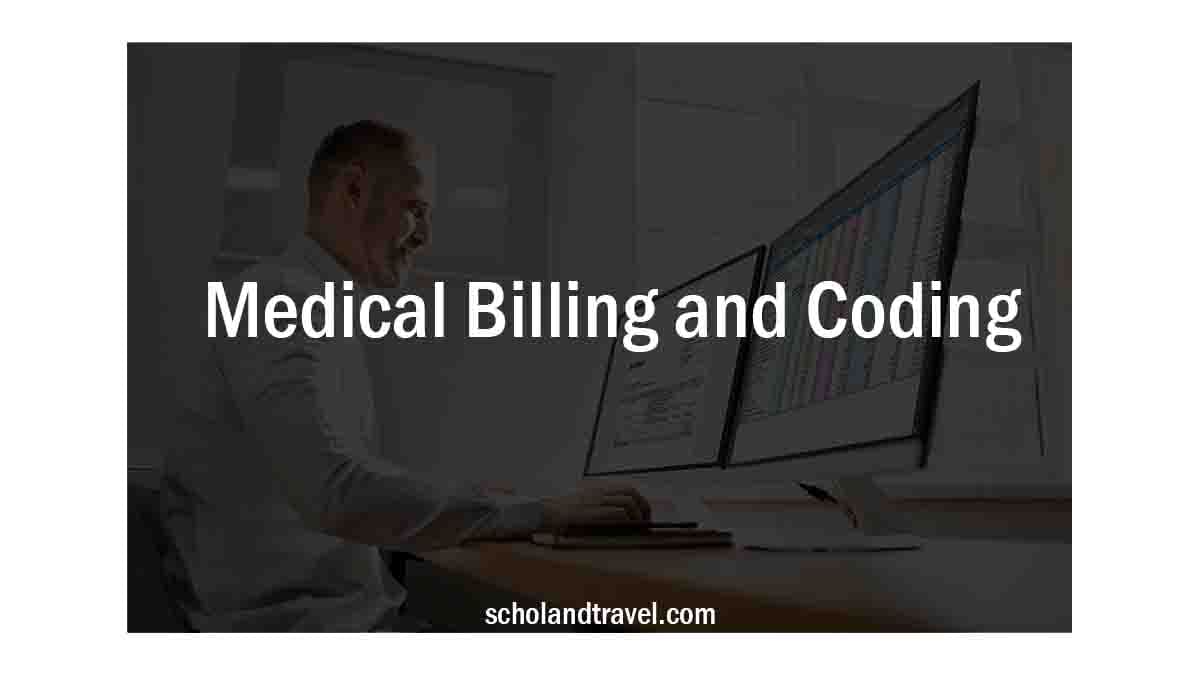The Association of Chartered Certified Accountants, or ACCA, is an international organization for professional accountants.
Completing an ACCA course and passing the exams are the pathways that enable you to become a chartered certified accountant if you work in this field.
Obtaining a qualification from the ACCA is worth your time, effort, and investment since it is prestigious, internationally recognized, and highly sought after by employers worldwide.
The ACCA qualification covers 15 exams divided into three levels: Applied Knowledge, Applied Skills, and Strategic Professional.
To get the full qualification, you must complete up to 13 exams.
The first two levels, Applied Knowledge and Applied Skills are required for all pathways. The courses are designed to give you a foundation in fundamental accountancy topics.
This article aims to give you an overview of the ACCA qualification’s Applied Knowledge and Applied Skills levels and what you will learn from the preparation courses.
Applied Knowledge
The Applied Knowledge exams aim to assess the examinee’s knowledge and skills in business and finance.
Taking courses under this level of qualification enables you to learn about the fundamental principles of business and finance and the technical skills you need to progress to the subsequent levels.
The Applied Knowledge level covers the following topics:
1. Business and Technology (BT)
Under this course, you will learn how businesses operate efficiently, successfully, and ethically and what finance professionals do to help achieve these.
Additionally, you’ll have a deeper understanding of business operations, its environment, and legal and regulatory influences on employment, governance, health and safety, and data protection.
2. Management Accounting (MA)
This course will help you expand your knowledge and understanding of management accounting techniques that support businesses in planning, controlling, and monitoring performance in various contexts.
You’ll also learn about financial management techniques to enhance business performance.
3. Financial Accounting (FA)
This course allows you to learn the fundamental principles and concepts of financial accounting and accounting techniques.
You will also broaden your knowledge of essential financial statements preparation and interpretation for different types of enterprises, including sole proprietors, partnerships, and companies.
Applied Skills
The Applied Skills tests are the second level of ACCA exams. They cover various accounting and business concepts, such as financial reporting and accounting, management accounting, taxation, audit, and assurance.
The topics covered under Applied Skills build upon the knowledge and skills you gained from the Applied Knowledge level.
The Applied Skills level covers the following topics:
1. Corporate and Business Law (LW)
The corporate and business law exam course aims to help you broaden your understanding of the general legal framework and other business management and operations legal areas.
The specific topics you will learn about may include the legal aspect of the formation and constitution of organizations, the types of capital, the financing options of companies, and insolvency law.
You will also learn when and how to seek further specialist legal advice.
2. Performance Management (PM)
Under this course, you’ll learn and apply various management accounting techniques to business elements and operations.
This includes correctly using quantitative and qualitative information in planning, decision-making, and performance evaluation and appropriately applying cost accounting and budgeting techniques.
Additionally, you’ll understand standard costing systems thoroughly and know how to evaluate a company’s performance from a financial and non-financial viewpoint.
3. Taxation (TX)
The taxation course aims to help you develop knowledge and skills regarding the tax system and how it relates to or affects people, companies, and groups.
The topics cover the scope and workings of the tax system and the obligations of taxpayers or their agents, inheritance tax liabilities, corporation tax liabilities, and value-added tax or VAT.
4. Financial Reporting (FR)
This course allows you to broaden your understanding of and learn how to apply different accounting standards in reporting.
In particular, you’ll learn about the conceptual and regulatory framework of financial reporting and preparing, analyzing, and interpreting financial statements of single entities and organizations.
5. Audit and Assurance (AA)
The audit and assurance syllabus helps you obtain in-depth knowledge of an assurance engagement and its application in audit and the professional regulatory framework context.
The course covers the functions of audit, internal and external audit, and corporate governance.
It also encompasses the concepts of internal controls, techniques, and audit tests and the application of the International Standards on Auditing (ISAs).
6. Financial Management (FM)
This program helps you obtain the knowledge and skills a finance manager needs regarding financing, investment, and dividend policy decisions.
It covers working business finance, business valuations, capital management, investment appraisal, risk management, and more.
Strategic Professional Level
Once you complete the Applied Knowledge and Applied Skills papers, you can progress to the Strategic Professional level.
The Strategic Professional exams prepare students for leadership and management positions. These tests evaluate the technical, ethical, and professional skills you obtained from the previous courses and papers.
To complete this level, you must pass both Essential exams, Strategic Business Reporting (SBR) and Strategic Business Leader (SBL).
You also have to complete two optional papers. You can choose among the following:
- Advanced Financial Management (AFM)
- Advanced Audit and Assurance (AAA)
- Advanced Taxation (ATX)
- Advanced Performance Management (APM)
At this stage, you can specialize in one or more areas that suit your career goals.
Next Steps
You must complete the ACCA’s Ethics and Professional Skills module to obtain your qualifications.
This module aims to develop in students the complete range of skills that most employers look for in their prospective employees.
This additional module teaches you more advanced ethical and professional skills and exposes you to realistic business situations.
With these learning experiences, you have additional skills to be proud of and be more credible and valued in the workplace.
Additionally, you must complete at least 36 months of relevant work experience and achieve nine performance objectives to be a full-fledged ACCA member.
A practical experience supervisor will evaluate your time in a relevant role and performance objectives and approve them if they meet the requirements.
Obtaining a qualification from the ACCA can be challenging. However, this pathway offers many professional and personal rewards, so take the courses and complete the exams today.
Awesome one; I hope this article answers your question.
Editor’s Recommendations:
- 8 Free Online Nursing Courses With Certificates (FAQs)
- 11+ Best Online Communication Courses (FAQs)
- 11+ Job Oriented Courses for Mechanical Engineers (FAQs)
- 8 Best Trade Schools in Chicago (Courses, Requirements)
- Top 5 Parapsychology Courses in Kerala
If you find this article good, please share it with a friend.





